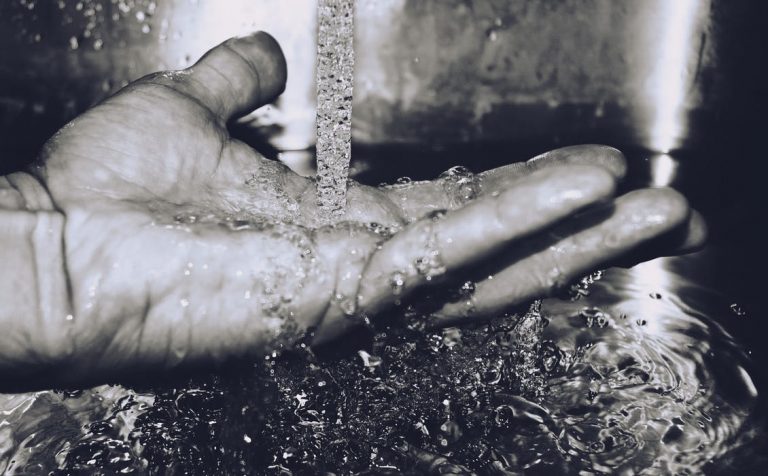
Pollution is a global problem for centuries. Even with the growing number of sustainable steps taken to help preserve the Earth as well as its atmosphere, contaminants build up faster than we can stop them. This is why it’s important for businesses (and consumers) to take daily measures to help reduce their contributions to furthering harmful emissions and greenhouse gasses through wastewater discharge. Here are just a few issues that media carriers can share and the possible solutions that may lead to a brighter future for everyone.
Pollution History
Pollution has been building up over time as it was released into the atmosphere as well as sent into the ground. Plastics, human waste, and non-biodegradables make their way into the soil and eventually into the water. Water is a precious commodity all over the world. Toxic wastewater released into the soil and water is something that affects everyone, and this type of pollution can have devastating effects on the animals and humans that consume it. Manufacturing companies can reduce their carbon footprint by acquiring machines that process waste in a more effective manner. The result can help curb toxic waste that ends up being released into lakes, streams, and rivers.
Signs of Pollution
Many businesses already have an established safeguarded system in place that protects the environment from the release of toxins and waste generated by manufacturing. While it’s helpful, it’s still crucial for environmental enthusiasts and those that enforce local laws and ordinances to keep an eye out for signs of pollution, including:
- Oil or excessive foam floating on top of the water
- Dead fish or sea animals found floating or on the shoreline
- Excessive or unchecked aquatic weeds in the water, especially in shallow areas or near shorelines
- Unpleasant or foul odor from water run-off areas near businesses and manufacturing plants
- Unwanted or strange colored water
- Nearby drinking or source water that has a bad taste and discoloration
Any of these can be a sign of pollution and contamination. Contacting your local Environmental Protection Agency or Health Department is recommended so they can perform further evaluation and testing.
How Businesses Can Play Their Part
If you own a small business or manage a global manufacturing facility, there are rules to comply with regarding the discarding of wastewater and chemicals. Always adhere to the regulations set forth by the city and the EPA. Failure to do so could result in fines and the loss of permits and licensures. All businesses can play their part by following the suggestions set forth by the products and materials that they use. This means disposing of chemical-based products and materials that contain hazardous substances and are unbiodegradable. Making sure that all recyclable and trash receptacles are being used properly can also reduce the risk of accidentally contaminating land, air, and water.
What Consumers Can Do To Help
Everyone can prevent the spread of pollution caused by uncontrolled wastewater seepage. Taking part in cleanup programs that help eliminate trash in vulnerable areas, such as parks near streams and stadiums that are located around waterways. Cleaning up plastic bottles and paper products help improve aquatic life and reduces the risk of future tap water contamination. Switching over to a greener and more sustainable lifestyle by using less paper and plastic is also a good start. Carpooling reduces automobile emissions which helps improve air and water quality. Disposing properly of unused meds and home medical supplies can also reduce the risk of water contamination.
If you really want to see a cleaner and healthier environment, the changes start with you. Teaching others how to recognize signs of pollution can stimulate more people to be proactive in helping our water sources.





Leave a Comment